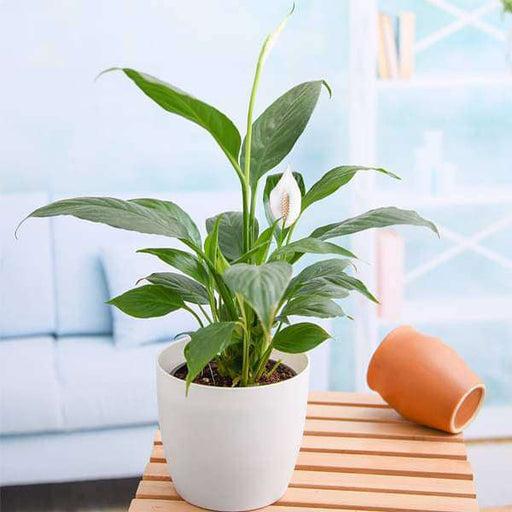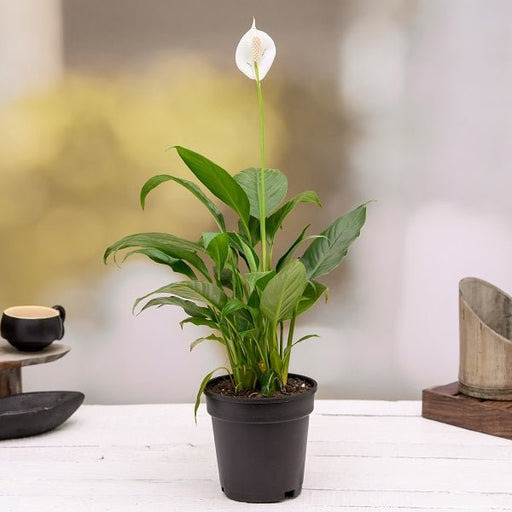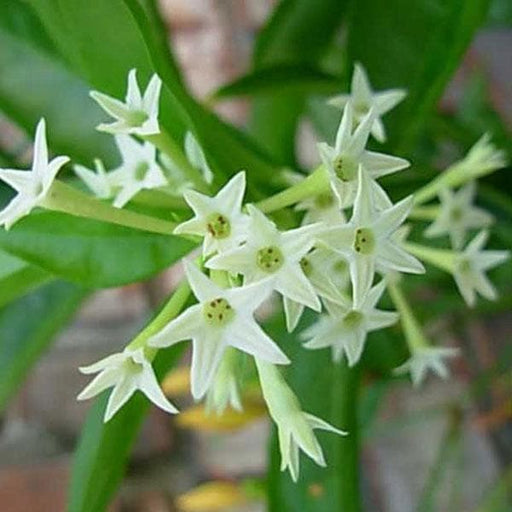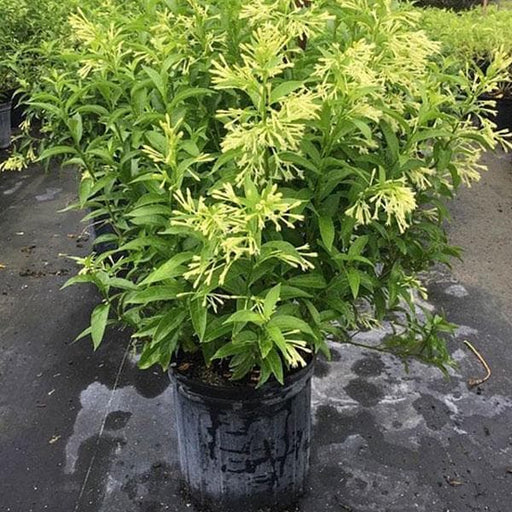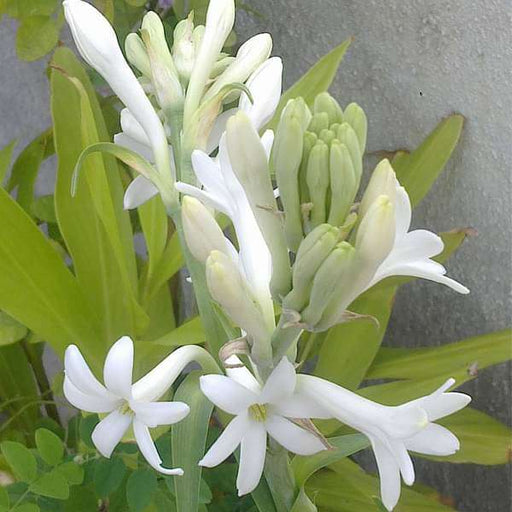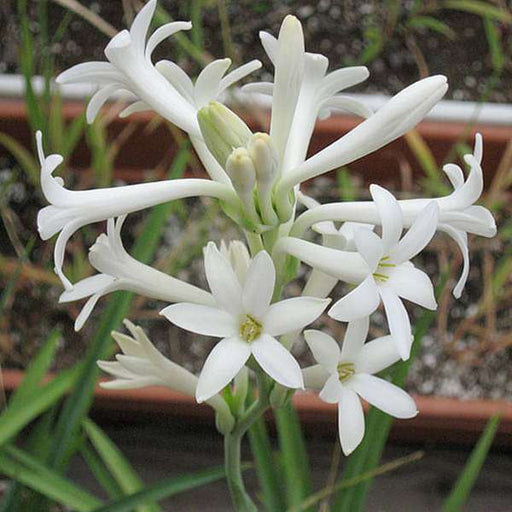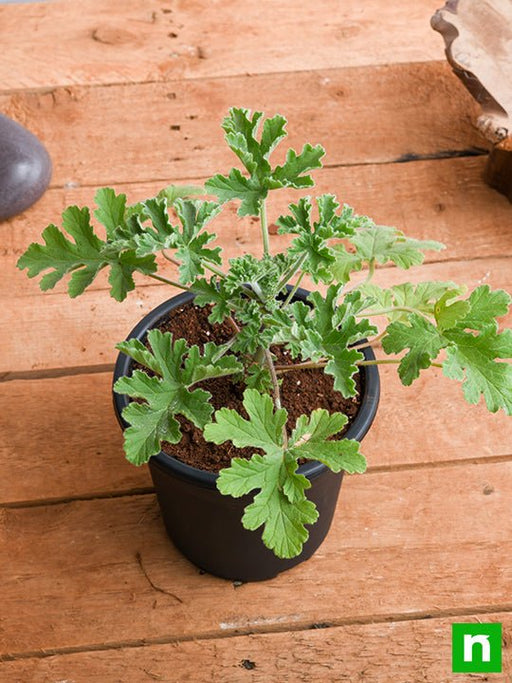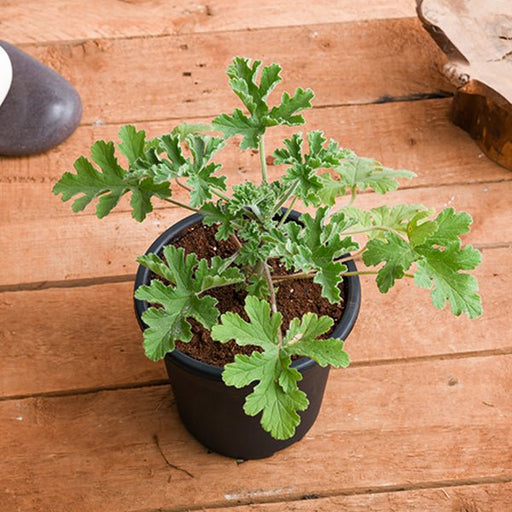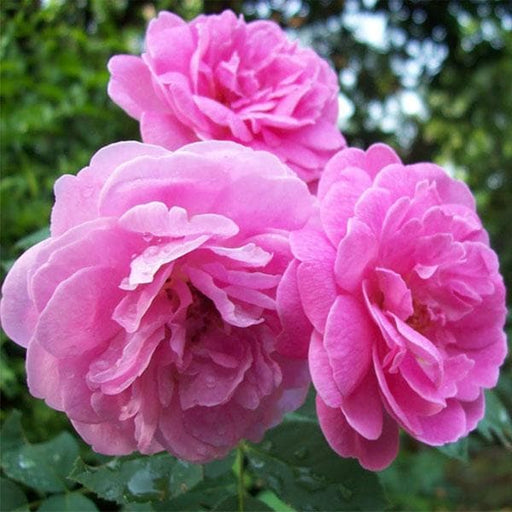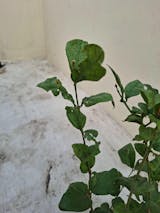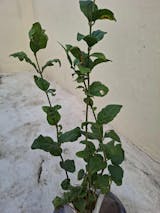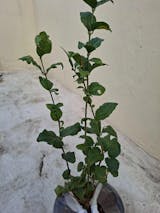Lavender plants
Lavender plants are prized for their fragrant flowers and soothing aroma. In this article, we'll explore the benefits of growing lavender plants and offer tips for caring for them.
Rosemary plants
Rosemary plants are known for their fragrant leaves and delicate blue flowers. In this article, we'll explore the benefits of growing rosemary plants and offer tips for caring for them.
Thyme plants
Thyme plants are prized for their fragrant leaves and delicate flowers. In this article, we'll explore the benefits of growing thyme plants and offer tips for caring for them.
Mint plants
Mint plants are known for their refreshing scent and are a popular choice for culinary and medicinal purposes. In this article, we'll explore the benefits of growing mint plants and offer tips for caring for them.
Basil plants
Basil plants are prized for their fragrant leaves and are a staple in many culinary dishes. In this article, we'll explore the benefits of growing basil plants and offer tips for caring for them.
Lemon balm plants
Lemon balm plants are prized for their fragrant leaves and are a popular choice for herbal teas and aromatherapy. In this article, we'll explore the benefits of growing lemon balm plants and offer tips for caring for them.
Eucalyptus plants
Eucalyptus plants are prized for their fragrant leaves and are often used for their medicinal properties. In this article, we'll explore the benefits of growing eucalyptus plants and offer tips for caring for them.
Jasmine plants
Jasmine plants are prized for their fragrant flowers and are often used in perfumes and aromatherapy. In this article, we'll explore the benefits of growing jasmine plants and offer tips for caring for them.
Honeysuckle plants
Honeysuckle plants are known for their sweet fragrance and are often used in teas and syrups. In this article, we'll explore the benefits of growing honeysuckle plants and offer tips for caring for them.
Lilac plants
Lilac plants are prized for their fragrant flowers and are often used in floral arrangements. In this article, we'll explore the benefits of growing lilac plants and offer tips for caring for them.
Sage plants
Sage plants are prized for their fragrant leaves and are often used in culinary and medicinal applications. In this article, we'll explore the benefits of growing sage plants and offer tips for caring for them.
Oregano plants
Oregano plants are known for their fragrant leaves and are a popular choice for culinary dishes. In this article, we'll explore the benefits of growing oregano plants and offer tips for caring for them.
Chamomile plants
Chamomile plants are prized for their fragrant flowers and are often used for their calming properties. In this article, we'll explore the benefits of growing chamomile plants and offer tips for caring for them.
Peppermint plants
Peppermint plants are prized for their refreshing scent and are a popular choice for culinary and medicinal purposes. In this article, we'll explore the benefits of growing peppermint plants and offer tips for caring for them.
Lemon verbena plants
Lemon verbena plants are prized for their fragrant leaves and are a popular choice for teas and desserts. In this article, we'll explore the benefits of growing lemon verbena plants and offer tips for caring for them.
Sweet alyss Sweet alyssum plants
Sweet alyssum plants are prized for their delicate white or pink flowers and sweet fragrance. In this article, we'll explore the benefits of growing sweet alyssum plants and offer tips for caring for them.
Geranium plants
Geranium plants are known for their fragrant leaves and colorful flowers. In this article, we'll explore the benefits of growing geranium plants and offer tips for caring for them.
Lavender hyssop plants
Lavender hyssop plants are prized for their fragrant flowers and medicinal properties. In this article, we'll explore the benefits of growing lavender hyssop plants and offer tips for caring for them.
Lemon thyme plants
Lemon thyme plants are prized for their fragrant leaves and refreshing scent. In this article, we'll explore the benefits of growing lemon thyme plants and offer tips for caring for them.
Sweet woodruff plants
Sweet woodruff plants are prized for their fragrant leaves and delicate white flowers. In this article, we'll explore the benefits of growing sweet woodruff plants and offer tips for caring for them.


